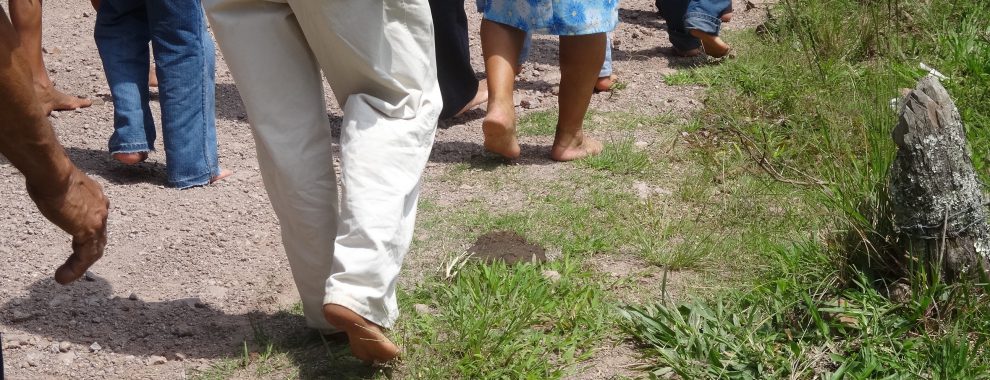“Outside, the Temple is burning, and this too is a house of God. . . .
The Jews are my brothers and sisters,
also created with an immortal soul by God!”
Father Bernhard Lichtenberg
On November 5, 1943, Father Lichtenberg died while being transported to the Dachau concentration camp.
As provost of St. Hedwig’s Cathedral in Berlin, he had been outspoken against the Nazi’s campaign for euthanasia, writing the chief physician of the Reich:
“As a human being, a Christian, a priest, and a German, I demand of you that you answer for the crimes that have been perpetrated at your bidding, and with your consent, and which will call forth the vengeance of the Lord on the heads of the German people.”
He also spoke out clearly in defense of the Jews after 1938 Kristallnacht, when the Nazis attacked Jewish businesses and homes and gave clear signs of what they planned.
He was finally arrested in 1941 after his home was searched and notes were found for a sermon denouncing a statement of a Nazi official that greeting a Jew on the street was an act of treason. He was going to respond to this with the biblical admonition, “You shall love your neighbor as yourself.”
In one sense, Father Lichtenberg was martyred for being willing to greet Jews on the streets of Berlin.
Greeting and acknowledging the marginalized, the persecuted, is a revolutionary act, an act rooted in the revolution of love that Jesus calls for among his followers.
What would happen – or, rather, what does happen – when one greets the refugee, the immigrant, the drug addict, the gang member on the street with love?
In some cases, people are mocked for their willingness to love. In other cases, they might even be locked up.
Have we come so far from Nazi Germany? Have we followers of Christ given up the call to welcome the stranger, to protect the persecuted, to put ourselves at the side of the poor?
May Blessed Bernhard Lichtenberg inspire us to stand with all those who suffer.
——
This post was inspired by Robert Ellsberg’s “Blessed among Us” entry in November 2015’s Give Us This Day. Subscription information available here.





